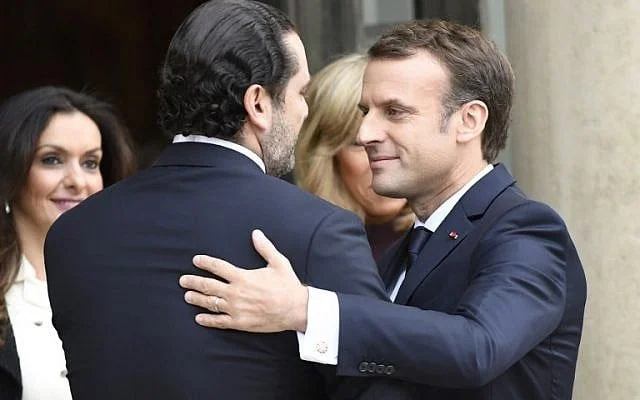French President Emmanuel Macron has arrived in Gabon for a historic state visit, marking a potential turning point in relations between Paris and its former colony.
Arriving from the G20 summit in Johannesburg, Macron’s presence in Libreville is the first visit by a French head of state since General Brice Oligui Nguema assumed leadership, ending the long rule of the Bongo family.
The visit underscores a mutual desire to turn the page on the past. Both leaders utilized the occasion to highlight the stability of Gabon’s political transition and to outline a future defined by economic modernization rather than historical dependency.
A Validated Transition
The atmosphere of the meeting was one of cordiality and mutual recognition. President Brice Oligui Nguema publicly thanked France for not abandoning Gabon during its complex political reset. He credited French diplomatic and logistical support as a key factor in the country’s ability to stabilize its institutions and hold recent polls.
“I wish to express my sincere gratitude for the multifaceted support you have provided to our country during our political transitions,” Nguema stated during his address. He noted that this cooperation was vital for the “holding of free and transparent elections” and the gradual restoration of the nation’s democratic institutions.
Beyond Resource Extraction
For President Macron, the trip is central to his broader strategy of reshaping France’s footprint in Africa. The French leader has repeatedly expressed a desire to break away from the old colonial playbook.
In his address, Macron emphasized that the economic relationship must evolve. He argued that the days of foreign powers simply extracting raw materials from African soil are over. instead, he called for a model based on local value addition and industrialization.
“Africa can no longer be a continent solely focused on resource extraction,” Macron declared. “We must succeed in building new models… where we enhance and transform these resources in greater ways.”
He described this shift as a “win-win partnership” designed to be coherent, competitive, and respectful of Gabon’s sovereignty.
Focusing on the Youth
While ties between Libreville and Paris date back to the colonial era, the two nations are now looking to the future. With the political transition phases largely respected, the new bilateral roadmap focuses on three pillars: economic investment, environmental protection, and youth engagement.
France, which maintained a high profile in Gabon even immediately following the coup, is now pivoting its cooperation strategy to directly target the younger generation, hoping to foster a relationship built on opportunity rather than legacy.




















